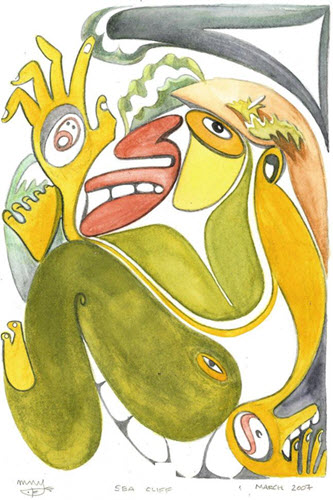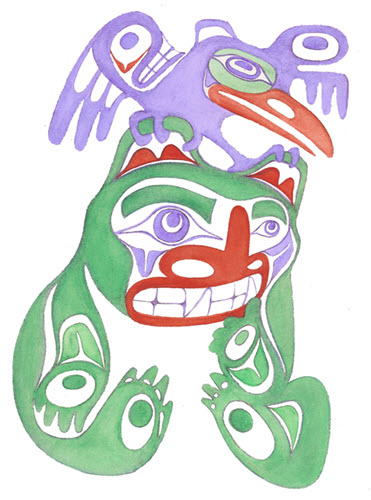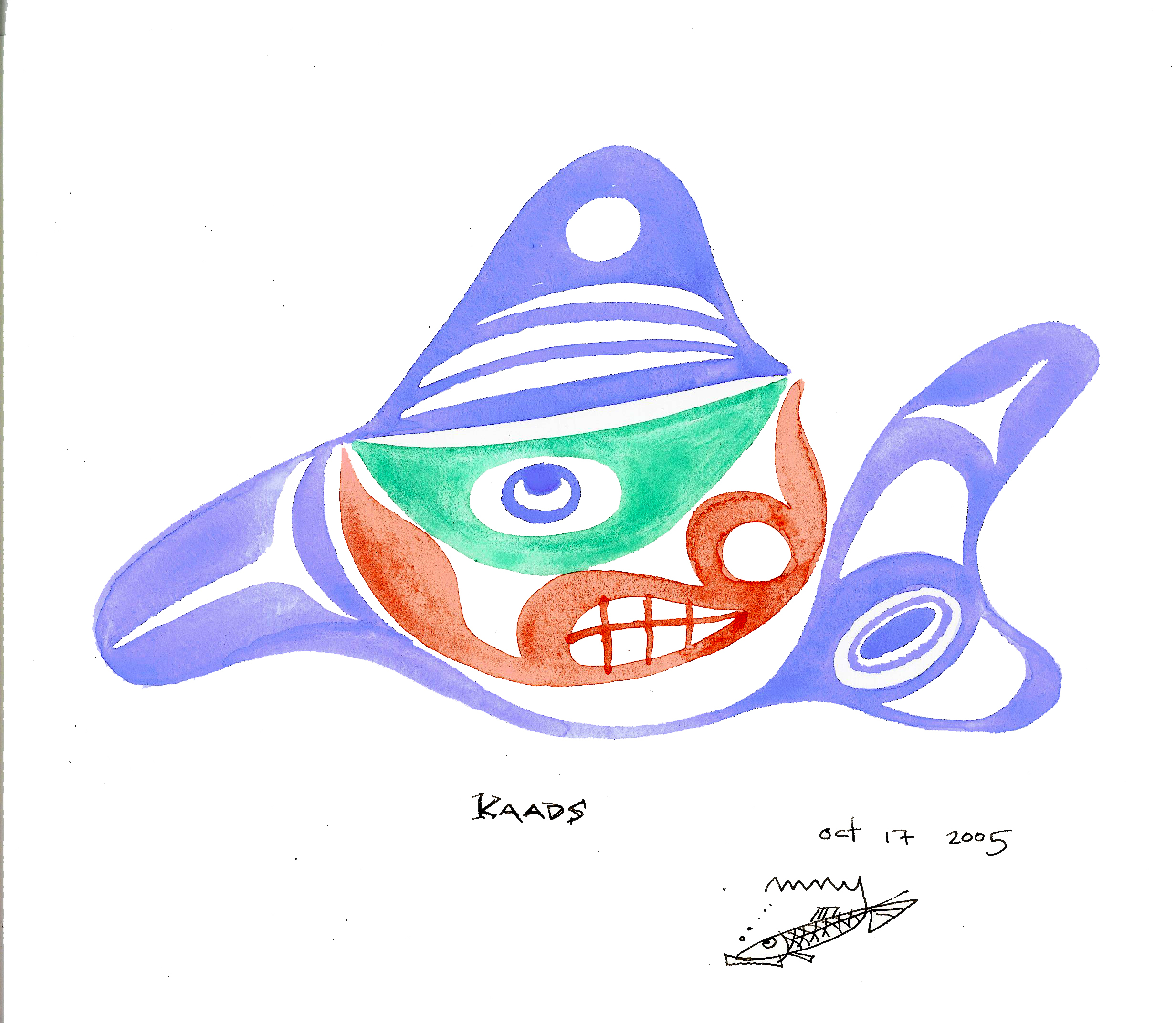Overview
The Department of Language and Literacy Education (LLED), the Indigenous Education Institute of Canada (IEIC) and External Programs and Learning Technologies (EPLT) in the Faculty of Education at the University of British Columbia (UBC) and the BC Aboriginal Child Care Society (BC ACCS) proposed the development of an innovative Aboriginal Language Immersion in Early Learning Certificate Program. The goal of this project was to develop the curriculum for the early immersion certificate program, which would consist of five courses developed and designed for a mixed-mode delivery, delivered within the learner’s Aboriginal community. The early immersion certificate program was to be developed to provide training and certification in Aboriginal language immersion to those working in early childhood education (ECE) contexts through collaborations with Aboriginal ECE affiliations in Aboriginal communities and UBC.
The state of Aboriginal languages was in a critical decline in BC. While First Nations organizations had partnered with post-secondary institutions (e.g., Sto:lo Nation/SFU, Wilp Wilxo’oskwhl Gitksan/UNBC, Chemainus FN/Malaspina University College) to deliver a Developmental Standard Term Certificate (DSTC) in First Nations Languages and Cultures, the certificate had focused on the K-12 education system (i.e., school-teacher model). The review of the DSTC in First Nations Languages and Cultures by the First Nations Education Steering Committee (FNESC, 2006) indicated that for people to learn their languages and revitalize the languages, language education and teacher development had to focus on the lifespan, recognizing the role of early childhood education in language revitalization and advocating for a community-teacher model. A focus on Aboriginal Language immersion training and certification in early childhood settings was to address this gap identified in Aboriginal language education. This project built on the existing activities of the DSTC in First Nations Languages and Culture and was to expand language education and teacher development to early childhood education. It also represented a new program here in the Faculty of Education, where only one course in Aboriginal language education existed.
Goals
The goals and outcomes for this project advance commitments made by UBC in TREK 2010 to develop strategies for recruitment and retention of Aboriginal students, support innovations and improvements in teaching, enhance service and support for distance learners and expand UBC’s engagement with Aboriginal communities, especially in BC.
- Improve instructional and educational leadership capacity of Aboriginal language speakers and community learners, contributing towards language teacher certification and educational advancement throughout BC.
- Increase capacity of Aboriginal language speakers to create language materials and resources that would otherwise not be available in the community,
- Increase educational opportunities for ECE educators possessing an ECE Basic Level certificate to receive post-basic training and certification in the area of First Nations language and culture.
- Build capacity of learners for on-line technology and mixed-mode instruction.
Deliverables
- A needs assessment to determine the language goals of Aboriginal communities in support of Aboriginal language revitalization through ECE, which would assist in the development of a curriculum framework for proposed Aboriginal Language Immersion in Early Learning Certificate Program.
- Five courses for alternative service delivery, where on-line and face-to-face learning were blended (“mixed-mode”) and where learners would be able to stay within their communities for the majority of course work.
- Through recruitment, establishment a cohort of 20 early learning Aboriginal language educators, resulting in a professional learning community that would undertake the Aboriginal Language Immersion in Early Learning Certificate Program.
- Enlisting the support of Aboriginal communities and UBC programs involved in the project to develop a funding strategy for the delivery of the certificate program as mixed modes of course delivery require increased budgets beyond course instructor salaries and sustainable strategies to retain students.
Although five courses were developed in the course of this project, the Certificate never came to life due to various obstacles. However, a number of individual courses and non-credit initiatives have been created since this project ended and have been part of UBC curriculum. Since 2008/9 there has been a steady increase in the development of courses about Indigenous education, either part of NITEP or a stand-alone MOOC (Massive Open Online Courseware).
The photographs of the paintings used as visuals in the courses have been created by local award-winning visual contemporary artist and author Michael Nicoll Yahgulanaas.





This text will automatically change to the first data-caption value in the list.
Project Team
Project Management
Jan Hare, Assistant Professor, Department of Language and Literacy Education (LLED), Faculty of Education, UBC
Instructional Design and Course Development
Natasha Boskic, Educational Technology Manager, EPLT
